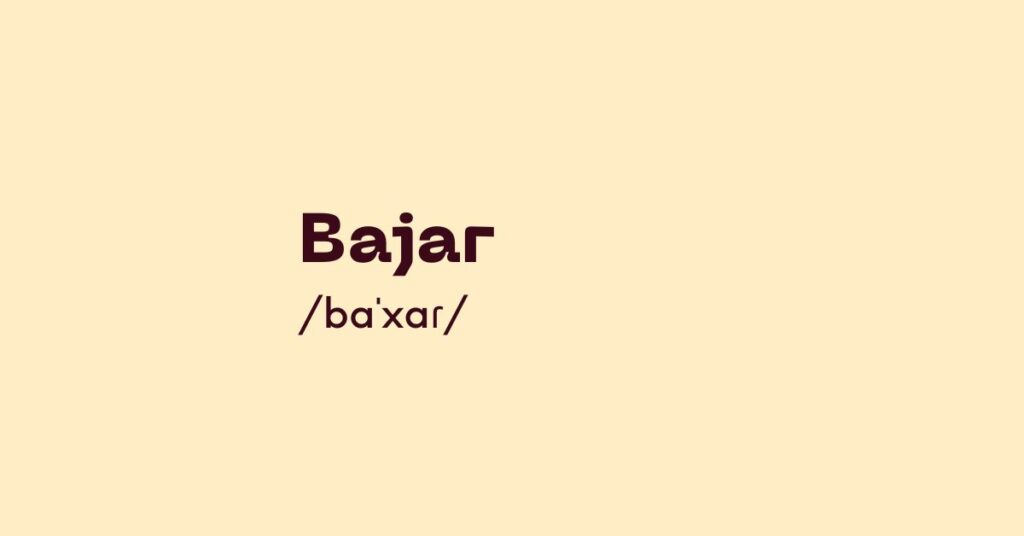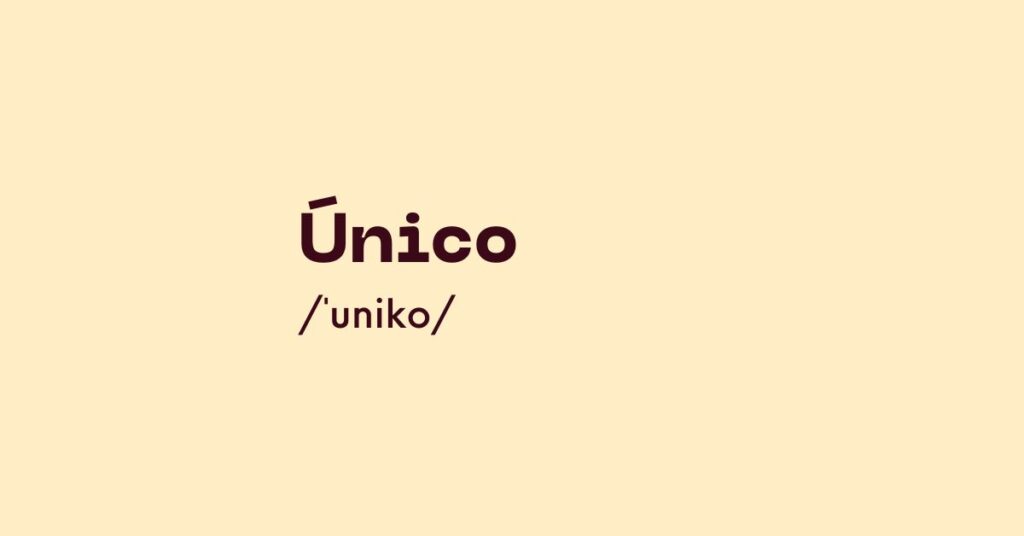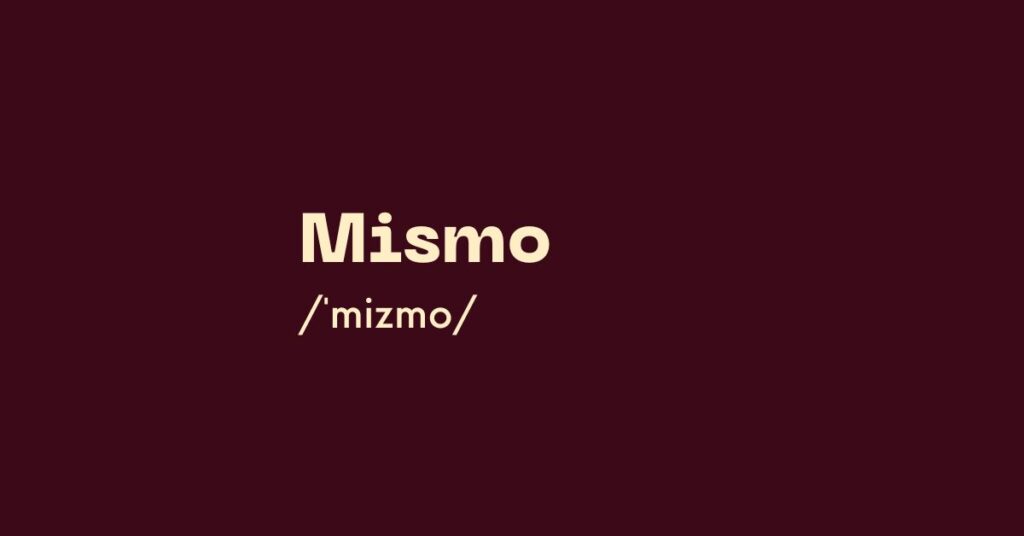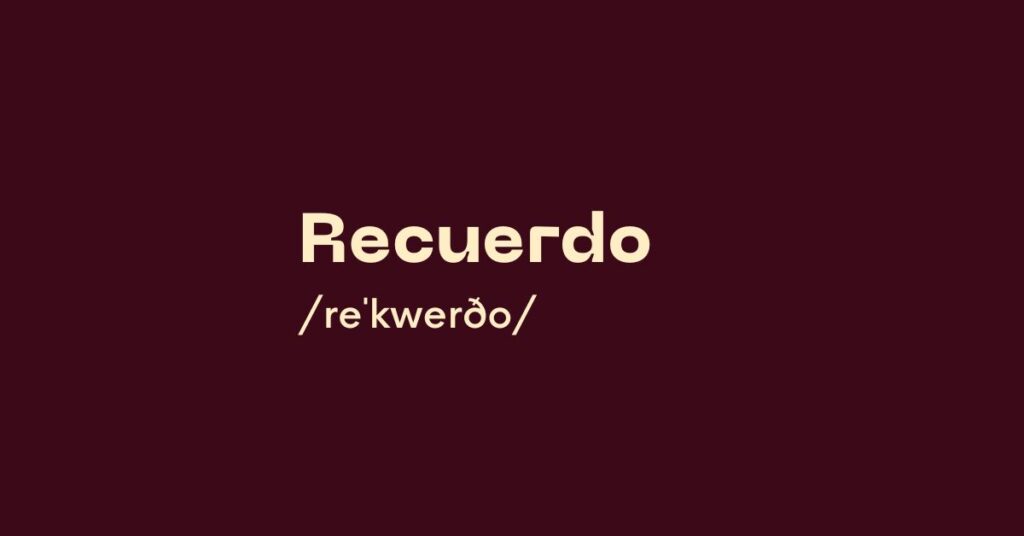Bajar
Today’s Spanish word of the day is “bajar”. It’s a verb meaning “to go down”, “to decrease”, “to take down” or “to lower”. When referring to cars and other forms of transport, it means “to get out” or “to get off”, for example: The word “bajar” comes from the adjective “bajo”, meaning “short” or “low”, […]









